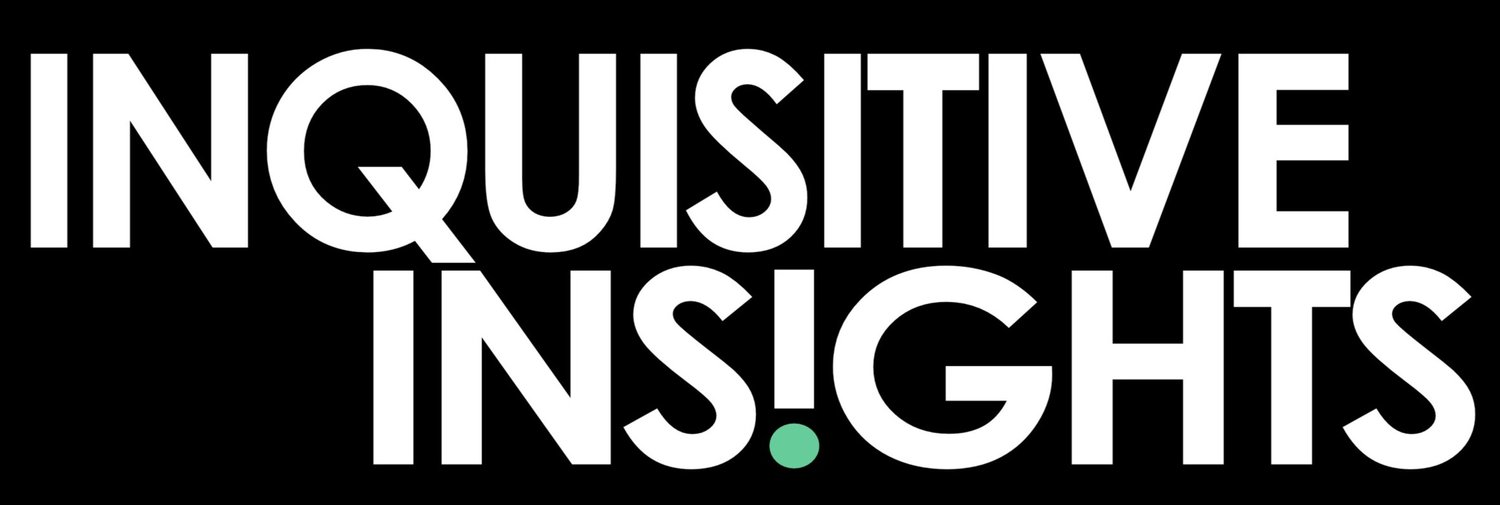Digging Deeper with Follow-Up Questions
One of the greatest skills an experienced researcher brings to your project is the ability to read the situation and ask the right people the right follow-up questions at the right time. By asking good follow-ups questions, we’ve:
Learned that the issue wasn’t that the employee training was ineffective, but that no one knew that the training existed.
Discovered that parents’ definitions of “convenience” change based on the ages of their kids
Found that the act of mixing ingredients together can be just as important to the home baking experience as the taste of the final product.
A good follow-up question is often the path to the richest data. Because follow-up questions drive trust and engagement, reveal nuances and link ideas, they are the key to successful interviews, focus groups or ethnographic studies. We are experts on knowing where or when to probe and we love these layered questions because:
They create rapport between the researcher and the participant(s) by demonstrating true interest in what is being said. In addition to making participants feel comfortable sharing information, follow-up questions can help to get to know a participant better, revealing different parts of their experience that had previously been hidden or not considered relevant.
They get participants to share details that make for more meaningful responses. Recently we had focus group participants who indicated they preferred to work alone on a specific task, but when we explored why that was the case, we discovered two very different sub-groups with unique circumstances and motivations. In short, two different problems to solve in two different ways.
They allow us to synthesize on the fly. By linking participants’ answers through questions like “Oh, that’s like the time you…?” or, “Is that what you meant earlier when you said…?” you invite the participant to collaborate on potential insights. This allows testing the quality of the insight in real time and potentially collecting even stronger data to support the point.
The best interviews feel like conversations. Anyone can draft a list of questions to ask, but the art and science of creating a discussion guide allows experienced researchers to layer in follow-up questions and probes to maximize the quality and the quantity of information obtained in a session.
